
High cholesterol is one of the primary reasons for heart disease. While looking for risk factors your doctor advises testing for Total Cholesterol, Low Density Lipoproteins (LDL), and High Density Lipoprotein (HDL) cholesterol levels. High levels of total and LDL cholesterol increase your risk of heart diseases while high levels of HDL cholesterol are a protective factor.
Your daily diet plays an important role in attaining and maintaining your health goals. High cholesterol can be prevented and effectively controlled by a combination of a good diet, regular exercise, ideal body weight and an overall healthy lifestyle. In addition to this, some commonly used kitchen ingredients can help in controlling high cholesterol levels.
1. Garlic
Commonly used in Indian cooking, garlic has been known for its health enhancing properties . Garlic is made up of amino acids, vitamins, minerals, and organosulfur compounds such as allicin, ajoene, s-allylcysteine, s-ethylcysteine, and diallylsulfide. These sulphur compounds are said to be the active ingredients that lend therapeutic properties to garlic. A number of scientific studies have proven garlic to be effective in reducing total and LDL cholesterol significantly. The evidence of its effect on HDL or good cholesterol is mixed, while one study reported an increase in the HDL levels another showed no effect. It was also found to have a positive effect on the blood pressure and the antioxidant potential of blood. Consuming 1/2 to 1 garlic clove daily could reduce your cholesterol level by up to 9%.
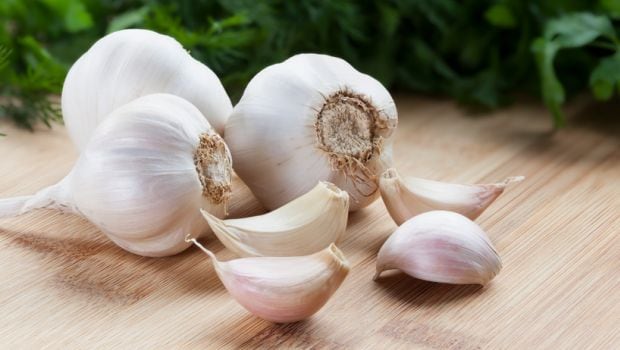
2. Green Tea
The most consumed liquid after water, green tea is a rich source of polyphenols. These compounds provide immense health benefits to the human body. Green tea has the highest concentration of polyphenols associated with not only lowering LDL Cholesterol but also increasing HDL Cholesterol. A population based study showed that men who drank green tea had lower cholesterol levels as compared to those who didn’t. Studies have indicated that the polyphenols of tea may block cholesterol absorption in the intestines and also help get rid of it. 2-3 cups of green tea is all you need.
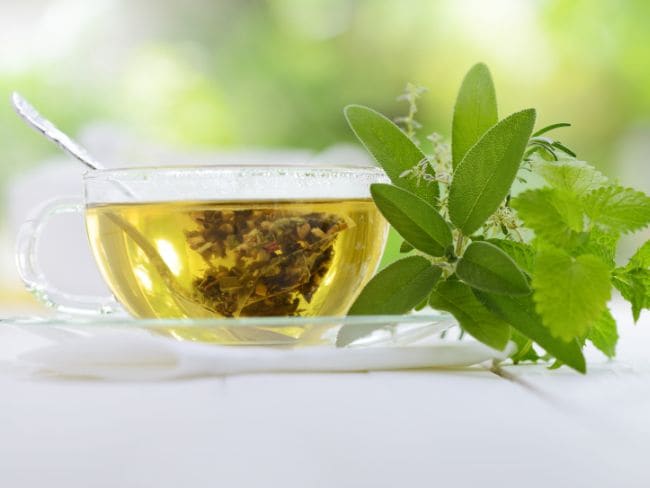
3. Coriander Seeds
The humble Dhaniya seeds have been used in Ayurveda for a number of ailments. Among the long list, lowering bad cholesterol is one of them.
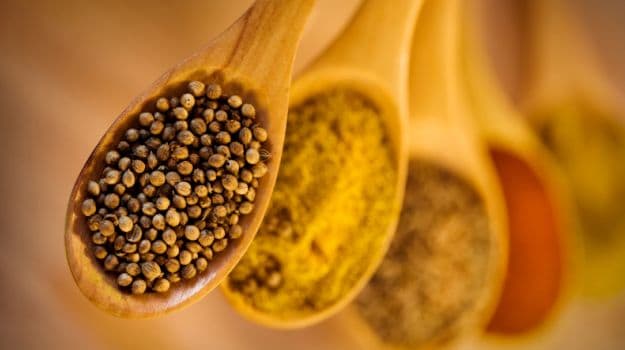
4. Psyllium husk
In 1998, the US FDA approved of a health claim on Psyllium –“3 to 12 grams of soluble fiber from psyllium seed husk when included as part of a diet low in saturated fat and cholesterol, may reduce the risk of heart disease”. Psyllium husk comes from the crushed seeds of the Plantago Ovata plant and is a rich source of soluble fibre. There are innumerable studies to substantiate the benefits of soluble fibre in lowering LDL cholesterol. Adding 1-2 teaspoons of psyllium husk to our daily meals contributes the soluble fibre needed for keeping our cholesterol under check.
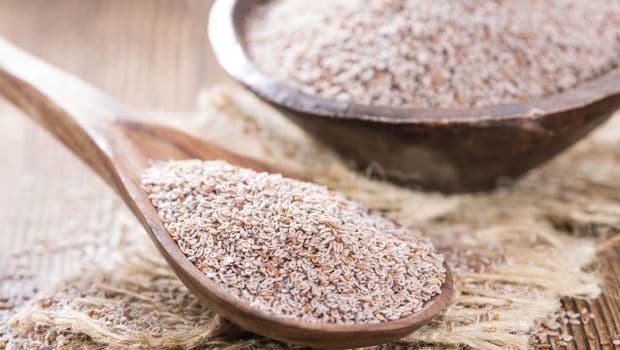
5. Fenugreek seeds
Methi seeds, as they are known to us, have been used as a popular culinary spice, flavouring agent and a medicinal plant since time immemorial. Methi seeds are rich in Vitamin E and possess antidiabetic, anti-inflammatory, and antioxidant properties. Saponins found in fenugreek help remove cholesterol from the body and its fibre helps reduce the synthesis in the liver. 1/2 to 1 teaspoon of fenugreek seeds daily is recommended.
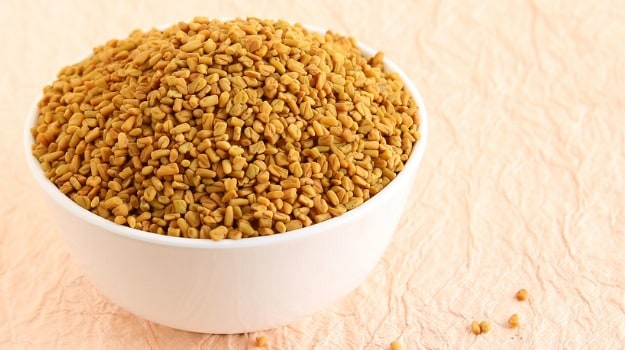
6. Amla
It is one of the richest sources of Vitamin C and phenolic compounds in addition to minerals and amino acids. The fruit of amla has been used in Ayurveda as a rasayan for the treatment of various diseases. A study published in the Indian journal of Pharmacology, compared the effect of cholesterol lowering drugs against amla. In addition to reducing cholesterol, amla was found to provide the additional benefit of protection against atherosclerosis and CAD. Daily intake of amla not only reduces bad cholesterol levels but also reduces the damage due to oxidation. One to two amla fruits can be consumed daily.
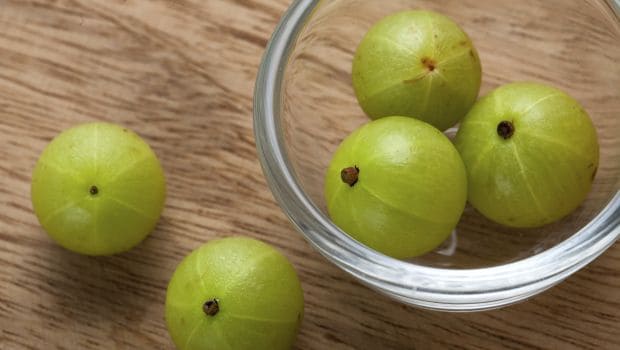
These foods should be consumed in their natural form as a part of a healthy lifestyle to achieve your health goals. Medication to lower cholesterol should not be taken or discontinued without the doctor’s orders.
[“source-ndtv”]



